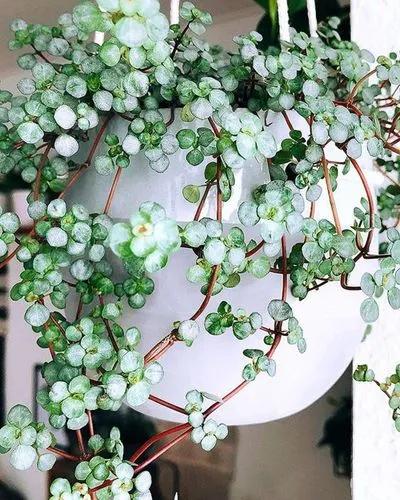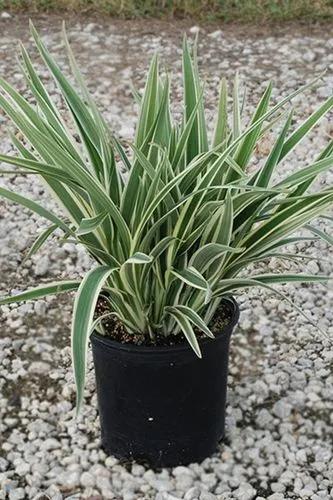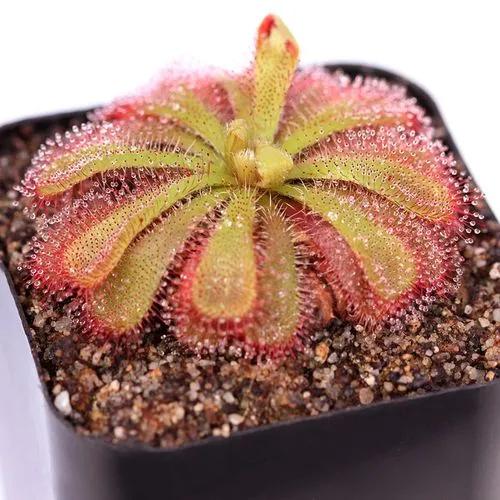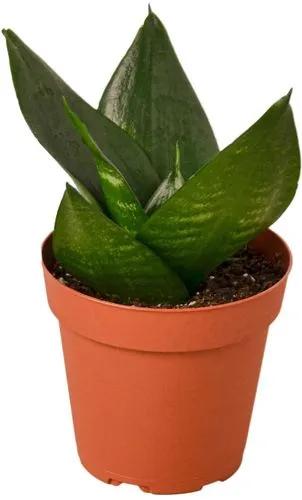Caladium lindenii 'Magnificum' is a cultivar of the species Caladium lindenii. It is differentiated from this species by having more pronounced veins on the leaves that are a creamy white coloration. The cultivar grows from a rhizome and is commonly grown as an ornamental plant.
Caladium Lindeii Care
Caladium Lindenii 'magnificum'



How to Care for the Plant

Water

Caladium Lindenii Magnificum must be watered sporadically and kept in partial shade to deep shade. They prefer high humidity which will also keep spider mites away.

Pruning

Prune your caladium sparingly throughout the growing season. Harvest leaves for inclusion in household floral arrangements by cutting down the stem at the soil line. Prune away any damaged, browning or dead leaves by cutting at the soil line. Chop off all foliage only after digging up the corm for winter storage.

Fertilizer

In optimal conditions, your Caladium Lindenii should be fertilized weekly during the growth period because this will assist in keeping your plant alive as well as promote healthy growth. You can use a diluted liquid fertilizer or sprinkle a solid fertilizer on top of the soil.

Soil

Cultivation: Plant this species in fertile, moist, but well-drained soil that is slightly acidic (eg., loamy potting soil or sandy loam soil). It requires a humid environment. When growing this species indoors, consider grouping several plants together to increase humidity.

Temperature

Caladium Lindenii prefer warmer temperature conditions and will grow best when kept in an area that maintains a temperature of 70˚F (21˚C)

Container

Great for container gardening or as ground covers in shaded areas.

Additional

Symptoms: All parts of the plant are toxic, if chewed or swallowed. Symptoms include an intense and painful burning sensation, excessive salivation and swelling of the lips, mouth, tongue and throat, as well as severe gastric irritation. The sap has been known to cause dermatitis, intense itching and burning.

Popularity

212 people already have this plant 35 people have added this plant to their wishlists
Discover more plants with the list below
Popular articles






